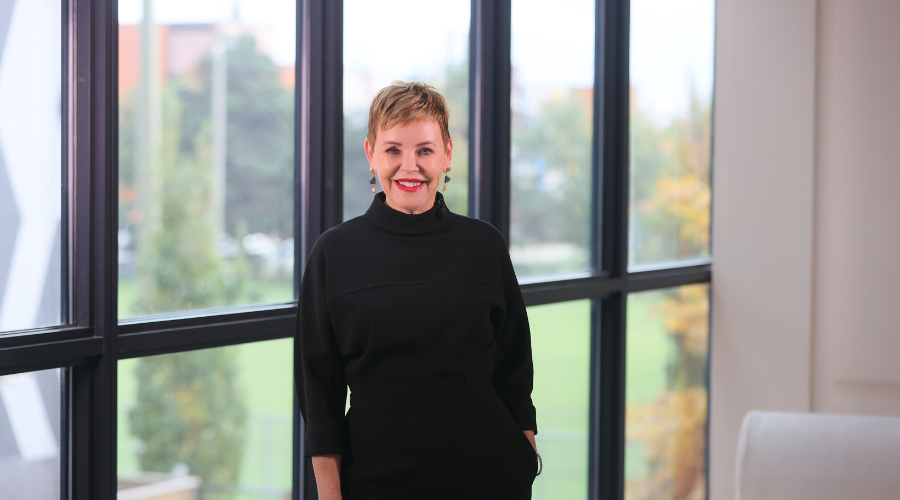Although saving money and being happy are often posed as the two sides of the same coin, it’s not always the case. It’s all about how you view spending and saving and the value you accord to enjoying a meaningful life as a retiree. “The trick is finding the sweet spot where you don’t overspend but you don’t underspend either,” says financial expert Mark van Graft. He adds, “I enjoy motivating my clients to realize “Its not selfish to be selfish” and to spend some of their investments on their own enrichment versus sitting on savings or worrying about everyone else over their own dreams! Coaching clients who have un-realized dreams is one of the favourite parts of my job.”
Recently the Washington Post ran an article entitled, “Aging lessons: The things that let you thrive in old age are easier than you think.” The story follows three New York City seniors, each older than 81 years of age, each living dynamic lives showing “that older people have goals, they have lives that are dynamic,” according to Dorian Block, director of the Exceeding Expectations Project at the Robert N. Butler Columbia Aging Center at Columbia University. “You can be the person you’ve always been.” Or, I might add, the person you’ve always wanted to be.
Here are the eight traits that Block targeted as helping to live well as an older adult.
- Have a purpose, a reason to get up in the morning.
- Celebrate and cultivate social connections.
- Do not be defined by your obstacles.
- Money isn’t as important as you might think.
- Acknowledge that aging can be lonely.
- Have a routine.
- Location is important.
- Don’t be afraid of death.
What’s interesting about this list is how pro-active it is and how it doesn’t emphasize solutions based on fear and timidity. Everyone I know talks about money most of the time when discussing strategies for aging, but Block suggests that the New Yorkers in his research project “who had the basics of a safe roof over their heads and enough to eat” seemed content with their lives, even though some of them are barely scraping by. What Block discovered to his surprise was that seniors’ satisfaction with their lives as well as their daily routines were not affected by their class and income level.”
In other words, money isn’t as important as you might think. The vast majority of financial product advertisements I’ve seen argue the exact opposite. Block’s list of essentials for being satisfied and happy with life points in a different direction: that money isn’t everything and that making the most of your days by being engaged with people and things that you love, while residing in an age-friendly neighbourhood where you know others and can navigate transportation, is more important.
What makes me happy is spending time with my husband and my daughter. It doesn’t get much better than that. My husband and I have decided to remain in our home as long as we can climb the stairs – and even after with a chair lift if necessary. We love our neighbourhood and have friends close by. Nothing raises our spirits and our bones more than a stroll along the lake, even when we’re stiff and sore.
The Town of Oakville has started giving seminars for seniors on how to use the public transportation system so when we’re too old to drive, we’ll be able to take the bus, or rely on Uber. Although prices usually go up, these days there are high tech advantages such as shared rides, public libraries and seniors centres that host free events aimed specifically at older adults. Long distance calling is cheaper than ever. For $10.00 a month, Netflix provides as much quality entertainment as I can manage. And there are always good books if you’re like me and relish some alone time. On rainy days I sometimes sit in a local café, and for the cost of a cup of coffee, I read and people watch.
“Many people think about the financial implications of retiring and recognize that they might have health problems at the end of their lives, but beyond that they haven’t worked out a plan for what might be decades of living once they are retired. Being willing to try new things — that’s what keeps their spark going,” Block says of the 20 successful agers in the project.
It’s easy to fall into a “retirement crisis.” You read about it every day in the financial press. But there’s another way to look at retirement. You didn’t work for 40 years, accumulate pensions and savings just to “stare at financial statements once you’ve finished working.” As Forbes magazine argues, “The money saved is to be exchanged for goods, services and luxuries once the days of work are in the rear-view mirror.”
Canada’s baby boomers were raised by the children of the depression. Our parents were savers, not spenders. My own mother once wanted to take the city bus to the ER, rather than call a cab. When she passed away, there was more than $35,000 in $10 and $20 dollar bills in her safety deposit box, waiting for the rainy day that never arrived. There are surely better ways to navigate retirement. Find them. Take some calculated risks. Be happy.






























